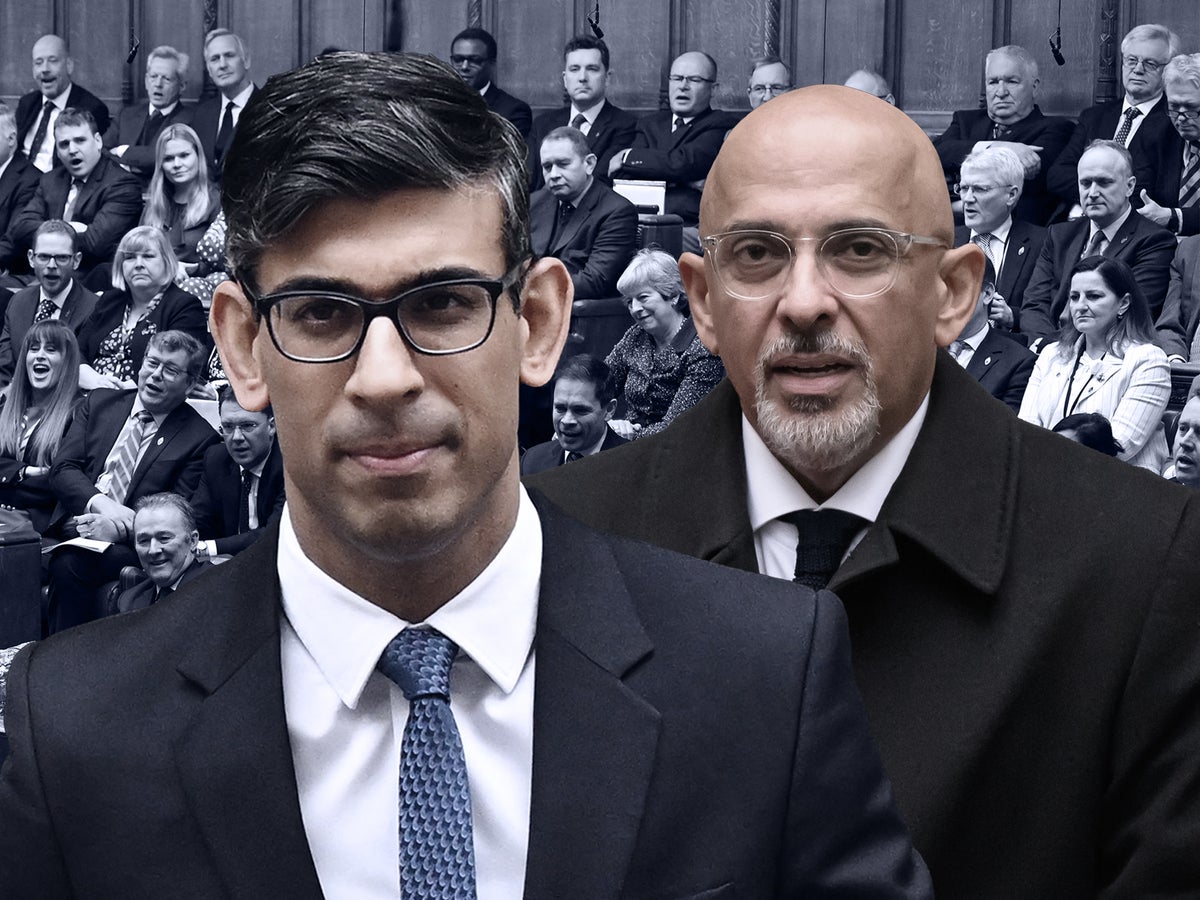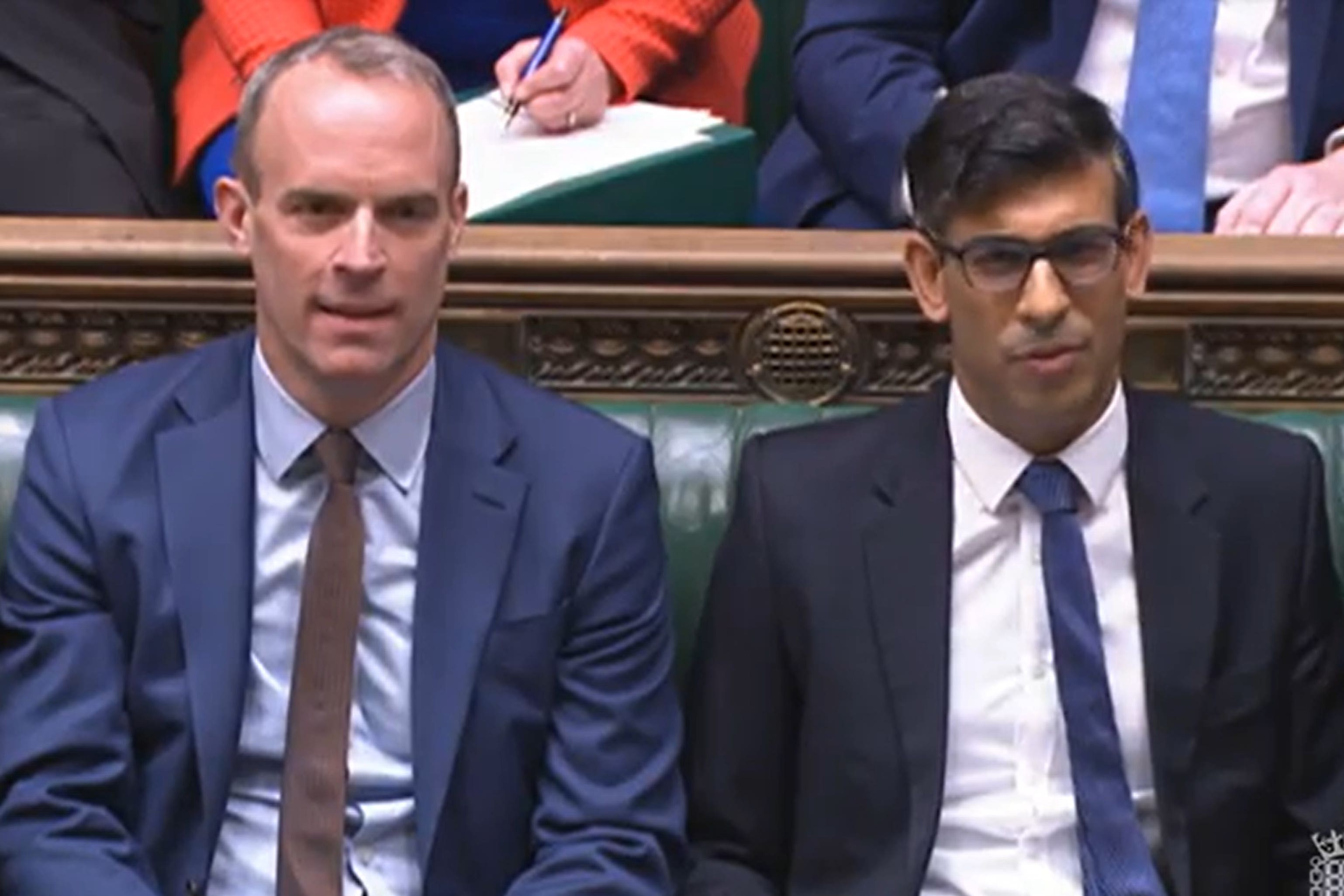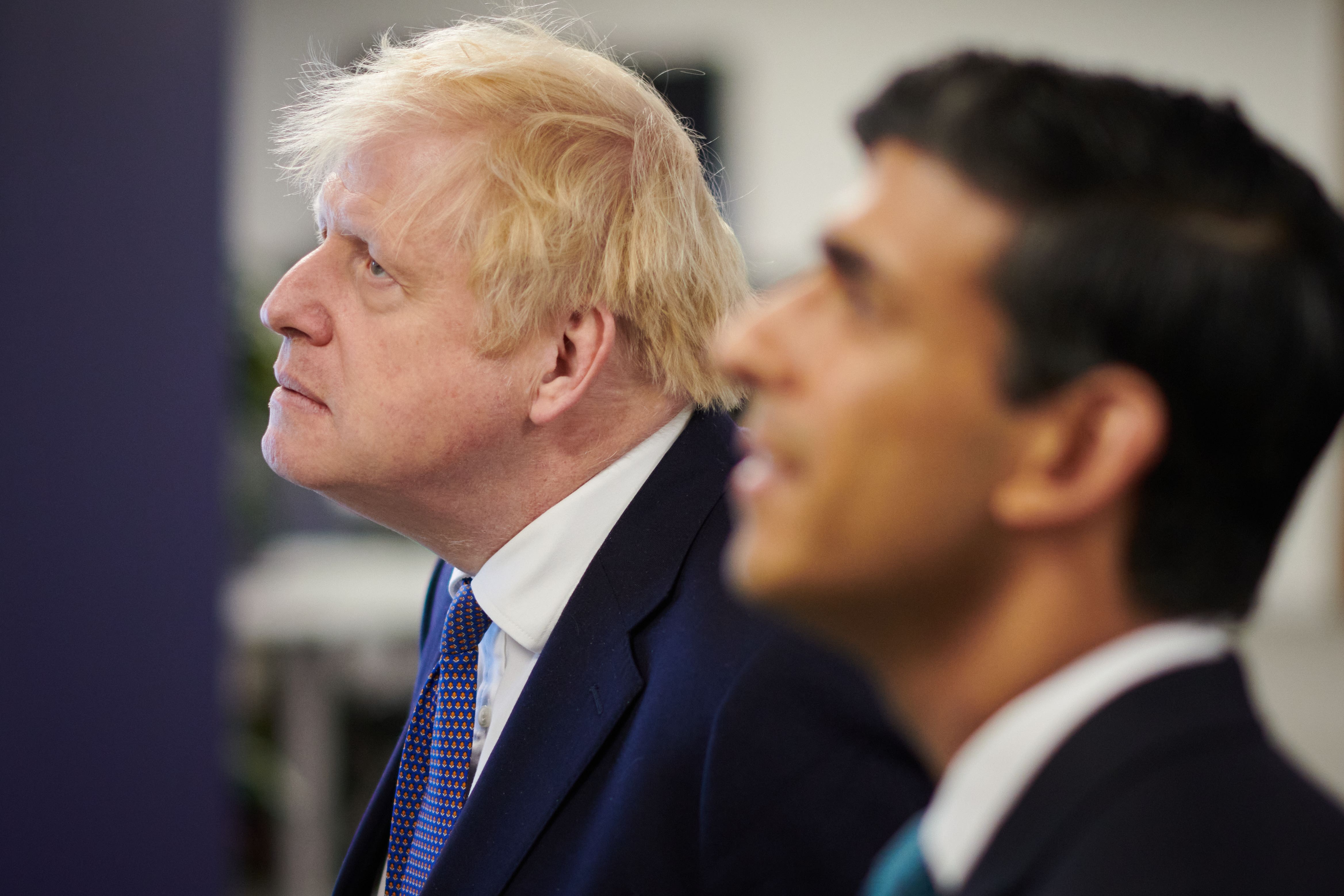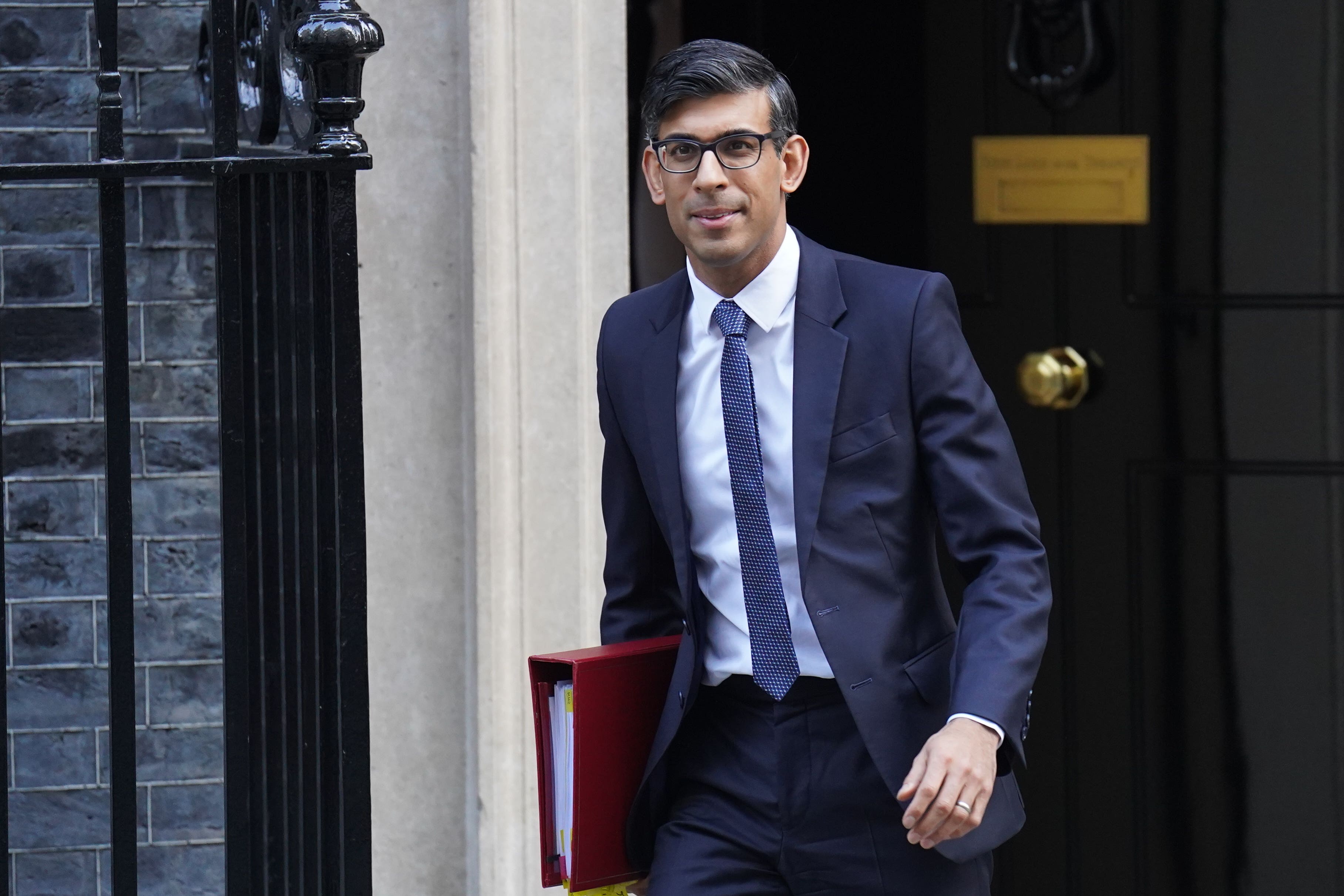
Michael Gove proudly boasted that “boring is back” when Rishi Sunak walked through the door of No 10 in October. But his first 100 days in office have been much more eventful than anyone expected.
The prime minister has suffered from a series of scandals, some partly inherited from Boris Johnson’s time in Downing Street. There have been poor poll ratings, probes into his ministers’ conduct and some major policy climbdowns, with his authority with Tory MPs already under threat.
The Independent took a closer look at the sleaze problems and rebellions swirling around Mr Sunak as he tries to reset his premiership ahead of crucial local elections.
Dominic Raab bullying claims
Mr Sunak launched an independent probe into the conduct of his deputy prime minister in November after he was subject to multiple allegations of bullying – including claims he left civil servants too scared to enter his office.
A total of formal eight complaints of bullying – denied by Mr Raab – have been made against him from his time at three different departments, according to No 10. But at least 24 civil servants are involved in these complaints – including three department chiefs.
Mr Sunak has reportedly read excerpts of some of the complaints before ordering the probe by top lawyer Adam Tolley KC. And he is said to have been told about “unacceptable behaviour” from Mr Raab over the summer.
Downing Street has repeatedly insisted the PM was not aware of formal complaints when he appointed Mr Raab to cabinet – but repeatedly failed to deny he was aware of informal complaints.
Nadhim Zahawi tax investigation
Mr Sunak sacked his Tory chairman in late January after his ethics adviser found ministerial code breaches related to his £5m tax settlement, after The Independent first revealed he had been subject to a HMRC investigation.
Labour continues to pester the prime minister about what exactly he knew of the HMRC probe into Mr Zahawi affairs and when exactly he knew it.
Mr Zahawi has not yet explained the precise nature of the “careless” error which led to a £1m fine, why he claimed he had been “smeared” when it was first reported and why legal threats were issued to The Independent and others.

Gavin Williamson bullying probes
The ex-education secretary is still facing two separate formal investigations – by parliament’s Independent Complaints and Grievance Scheme (ICGS) and the Tory party – into claims that he bullied officials and a fellow MP.
Sir Gavin resigned as a cabinet minister in November after a series of allegations – including a claim he told a civil servant to “slit your throat”.
Former chief whip Wendy Morton is understood to have made a formal complaint after Mr Williamson reportedly claimed she had tried to “f*** us all over” over the lack of an invitation to the Queen’s funeral.

Boris Johnson – BBC probe and Partygate inquiry
Mr Johnson continues to be a major problem. Or a whole series of problems. Firstly, the office of the public appointments watchdog is investigating the appointment of BBC chairman Richard Sharp amid claims he was involved in Mr Johnson securing an £800,000 line of credit while at No 10.
The former PM is also preparing to face a televised grilling from MPs on the privileges committee about whether he lied to parliament about what he knew about Covid parties inside No 10.
Labour isn’t letting up about the £220,000 cost of Mr Johnson’s legal fees – which the taxpayer is covering. “Surely even this PM can put his foot down and stand up to his old boss, and say, ‘He made the mess he can pick up the bill’,” said Sir Keir Starmer.
And then there is the incessant speculation that Mr Johnson is on manoeuvres for a comeback if the Tories suffer terrible local election results in May. The former Tory leader has criticised the PM’s decision not to send fighter jets to Ukraine. “Give the Ukrainians what they need,” Mr Johnson told Fox News.

Policy U-turns
Despite a majority of almost 80, Mr Sunak has faced some major backbench rebels which have undermined his authority. In January he gave in to Tory rebels over the Online Safety Bill and agreed to make tech bosses criminally liable if they fail to tackle harmful content seen by children.
The PM also bowed to pressure from Tory backbenchers in early December when he reluctantly agreed to allow construction of new onshore wind farms.
It followed a U-turn on mandatory housebuilding targets, agreeing to water down local planning rules in order avoid a major Commons rebellion from shire Tories.
The PM also backtracked on his initial decision to snub the Cop27 climate conference in Egypt following a major backlash. Mr Johnson had said he was attending the summit in a potential embarrassment for his successor.







